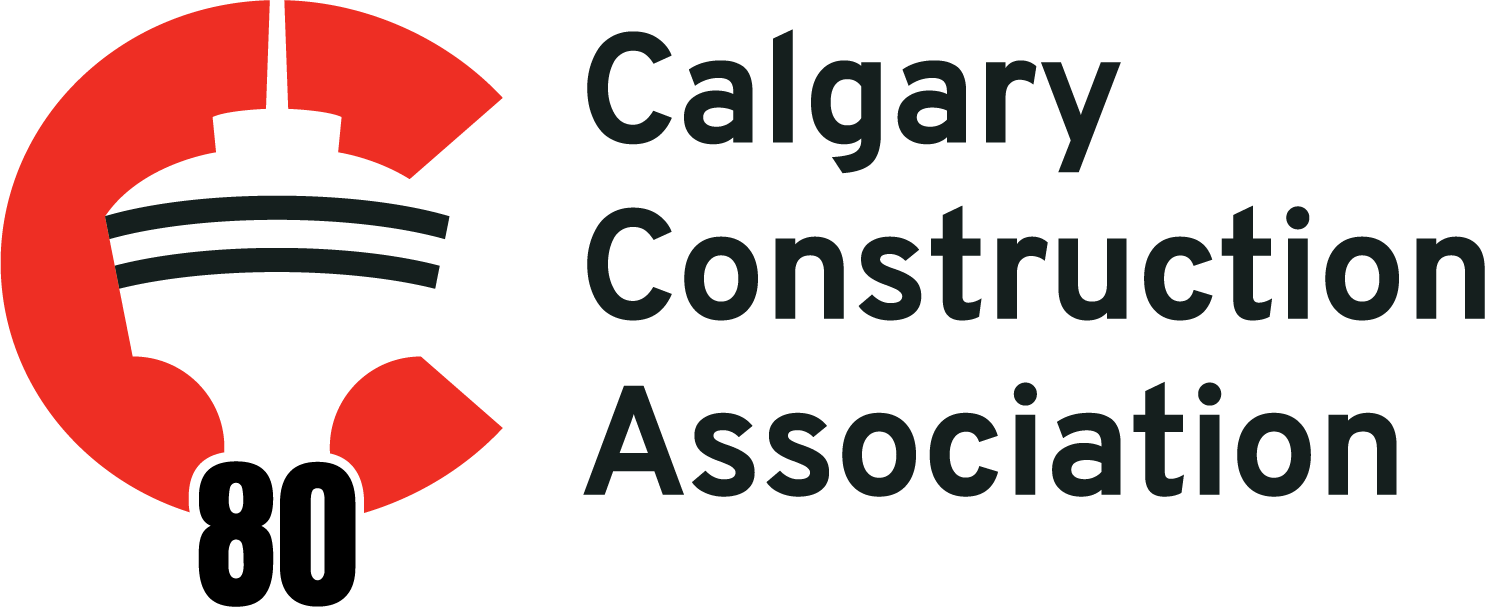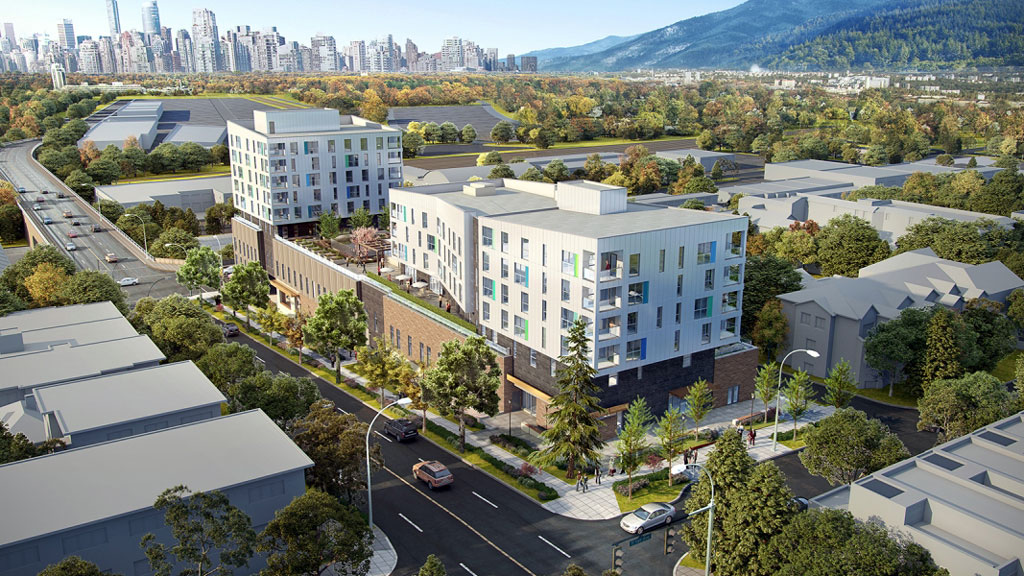A group of construction procurement experts gathered at this year’s BUILDEX Alberta to discuss the problems with procurement in Canada and ways it could be improved.
Bill Black, president of the Calgary Construction Association, explained he believes procurement in Canada has developed a very short-term mindset that focuses on immediate price instead of long-term consequences.
“I think one of the biggest barriers is conditioning,” said Black. “On the procurement side of the fence, nobody gets fired for picking the low bid. Picking the third lowest takes some explaining. It is an ‘easy button’ and respondents have been conditioned to race to the bottom faster than the other guy.”
Black said this leads to poor results, broken teams and participants who only work for themselves.
“That conditioning has become a comfort zone,” said Black. “It’s really easy to know how to be dumber in price than anyone else. That doesn’t take skill or guts. It is self-destructive and these habits have become dangerously ingrained.”
Black said if the industry doesn’t open its mind to having a more holistic approach to procurement and building a successful team, it will face annihilation.
Stephani Carter, owner of sustainability consulting firm EcoAmmo, said procurement has to start its process with the end goal in mind so price doesn’t become the only focus.
“Low bid places an emphasis on the bidding process and the game is to win the bid, not to build a high-quality building. Owners are not seeing the true cost of it,” said Carter, noting that 70 per cent of projects go over budget.
Carter advised owners should add the highest-value partner to the team first and then incorporate them into the procurement and planning process immediately. This process should then be repeated until all parties are chosen. She also advised making interviews a more critical factor in making decisions.
“Proposals sound amazing in writing but can be misunderstood,” she said.
Carter also advocated for the industry sharing their successful strategies, analyzing past projects for lessons and transparency around what is expected from teams.
“We are never going to meet our sustainability goals like this,” said Carter. “We have to share. We have to learn from each other. We can’t have it siloed.”
Tim Coldwell, president of Chandos construction, spoke about how his company is beginning to explore the concept of social procurement. The company has committed to use at least five per cent of its purchasing with social impact organizations by 2025 at zero cost to project owners. He said more general contractors need to innovate rather than waiting for others.
“The general contractor controls a lot,” he said. “Eighty-five per cent of costs on a project are subbed out by the GC. We need to practice what we preach.”
Sometimes this means meeting communities where they are at. He explained that for a recent project, Chandos is customizing its project delivery process so that local Indigenous contractors can participate.
Chandos not only wants to support local businesses on the project, but also mentor contractors who might not have experience on larger projects.
“Buying decisions helps us live our values,” said Coldwell.
Marion LaRue, a principal at DIALOG, explained the industry in the U.S. conducts itself differently.
“There is a high value on qualifications and experience there,” she said. “And it should be the people around the table that drive success of the project, not the company.”
She said this is why more emphasis should be placed on interviews to determine if participants have good chemistry.
“You will have to work with these people for years,” she said. “In an interview you can get some of that. When you drive the fee to the bottom you may not get what you’re are thinking.
“You can negotiate fees with anybody within a reasonable range, but you can’t negotiate someone’s personality or experience.”





